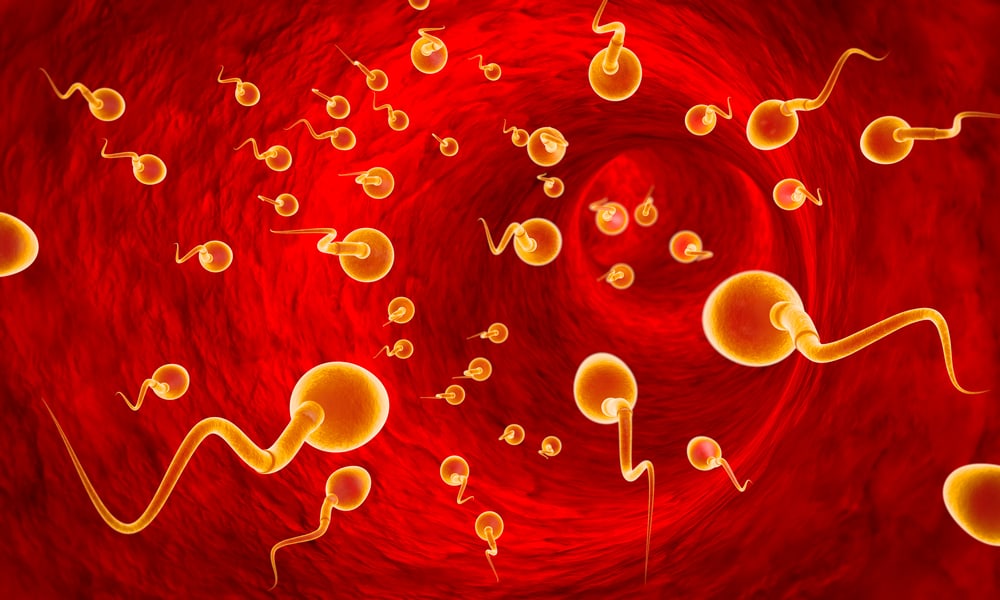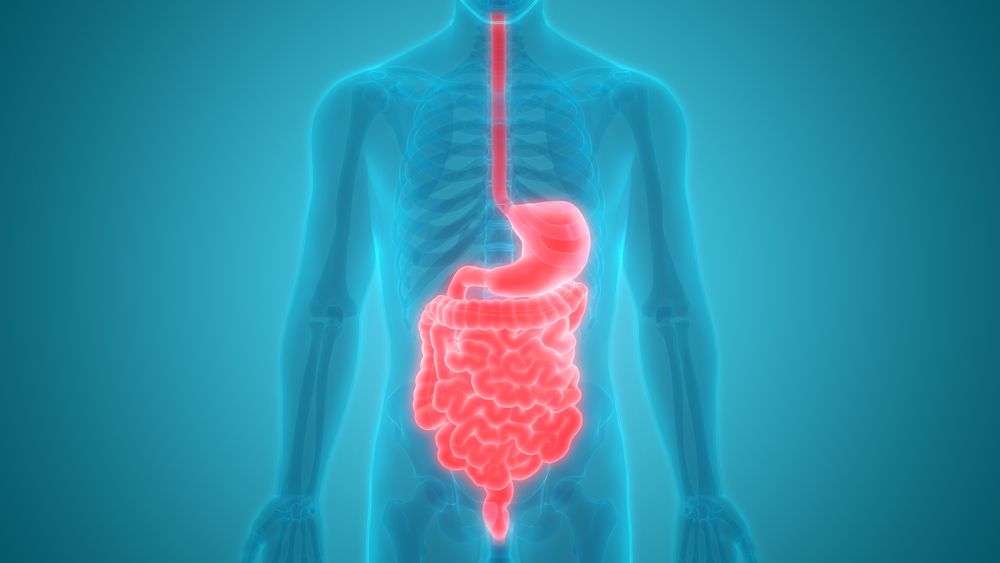Contents:
- Medical Video: The Ketogenic Diet & Dairy (Milk, Yogurt & Cheese)
- Is it true that my milk is not enough?
- What causes me to think about my milk less?
- What can be a factor in the occurrence of PKA?
- Symptoms that are often considered a sign of less milk
- What is the sign of my baby getting enough milk?
Medical Video: The Ketogenic Diet & Dairy (Milk, Yogurt & Cheese)
Have you as a breastfeeding mother ever felt that your milk is only slightly released? This feeling is a scourge for most nursing mothers. Some breastfeeding mothers fear their milk is not enough to breastfeed their babies for up to 6 months. The thought continued to haunt nursing mothers until finally the mother gave up giving breast milk.
In the end, this affects the baby. The mother decides to stop breastfeeding and chooses to wean the baby even though the baby is not ready. The result is that the feeling of this mother can have a long impact on the baby.
Is it true that my milk is not enough?
Actually, almost all mothers are able to produce a lot of milk for their babies. However, sometimes the feeling of a mother who lacks confidence in her ability to breastfeed appears.
The feeling of a mother who thinks her milk production is not enough or a little when in fact the production of ASI is quite called perceived low milk production or perceived insufficient milk, in Indonesian it is commonly referred to as ASI Perception of Insufficiency (PKA).
PKA seems to be a big problem for nursing mothers. Research published by the Journal of Nursing Scholarship shows that many women who do not continue breastfeeding for several weeks after birth because they feel that their milk is not enough, when in fact it is enough, and nearly 35% of all women who wean their babies earlier PKA as the main reason.
What causes me to think about my milk less?
Concerns that make the mother stop giving ASI earlier than the recommended time may be related to the mother's assumption about how her baby should behave after being full of receiving breast milk. Mothers sometimes don't know what is the normal distance between breastfeeding, the newborn's sleep pattern, and what is the first thing babies usually do when they are hungry before the baby starts crying.
A fussy baby is considered a signal that the baby is hungry, even though it is not, and then the mother concludes that she is unable to produce enough milk for her baby.
Babies who are not breastfed may be able to sleep longer, so the mother is thinking of giving her baby formula milk instead of breast milk. However, make no mistake, babies sleep longer because milk other than breast milk is harder for babies to digest.
Sometimes mothers also assume that babies who suckle more often, especially at night, are a sign that their milk is not enough. This can make breastmilk produced by the mother actually decline, the baby will sleep longer, and the mother's body does not maximize the signal again that he needs to produce milk.
These things might make the mother assume that she has a problem in breastfeeding, when in fact it isn't. This misunderstanding may be due to a lack of knowledge of the mother about the behavior of the baby or the lack of support for giving breast milk from people around the mother.
Nursing mothers need to try hard to foster confidence that their bodies are able to produce enough milk. In addition, the mother also needs support from the people around her to foster her confidence. Both of these can encourage mothers to continue to be able to provide enough milk for their babies.
What can be a factor in the occurrence of PKA?
Various factors can influence PKA, such as:
- Socio-cultural factors, such as fear and influence from parents, can reduce a mother's confidence to satisfy her baby.
- Scheduling breastfeeding the wrong baby, sometimes the mother is more fixated on the time to breastfeed the baby, so that the baby may suckle less at the time of breastfeeding because he is not hungry. Even though the mother must breastfeed her baby at any time according to the baby's wishes, if the baby shows signs of being hungry.
- The mother's mind and psychology, the milk that comes out can affect a mother's perception of her ability to produce milk, even though this feeling cannot predict how much milk is coming out. If a woman is depressed or anxious about her ability to care for her baby, then this can also affect the inadequacy of breast milk.
Symptoms that are often considered a sign of less milk
You might think that you don't produce enough milk for your baby, if you experience the following. But remember, the following conditions do not necessarily mean your milk is lacking.
- Reflex let-down You feel weak and your breasts feel less full. But, actually this is only a sign that your body is adjusting to your baby's needs.
- Breast milk no longer leaks from your nipples. This can also occur when the body is adjusting to the baby's diet.
- Your baby wants more milk than usual. This could be a sign that the baby is experiencing a growth spurt so that the baby's needs increase. Make sure your baby suckles well, if necessary, change your breastfeeding position so that the baby suckles more comfortably.
- Shorter duration of breastfeeding. Some babies suckle more quickly than other babies. You might assume that you cannot satisfy the baby's desire to suckle when the baby suckles faster.
What is the sign of my baby getting enough milk?
Because the above is not an indicator that can show that your milk production is little or not enough, you can find out your baby is getting enough milk from the signs below.
- Your baby defecates every day with soft, yellowish stools, this can be a sign that he is getting enough milk. In the first weeks after birth, maybe your baby can defecate five times. When your baby is two or three months old, the frequency of her bowel movements may decrease to one time per day, and this still means your baby is getting enough milk.
- Your baby wet the bed at least 8-10 times per day in the early months, this is also a sign that your milk production is sufficient. Your baby's urine is bright yellow or colorless, this is a sign that the baby is getting enough fluids.
- Baby's weight has increased. In the early weeks after birth, the baby may experience a slight weight loss. However, after that he will experience an average weight gain of 110-200 grams every week and this is a sign that he is receiving enough milk from the mother.
- Babies look healthy and fresh
READ ALSO
- Overcoming Nipple Blisters in Breastfeeding Mothers
- Is it true that Katuk Leaves Make Milk More Smooth?
- List of Foods that Mothers Should Avoid












